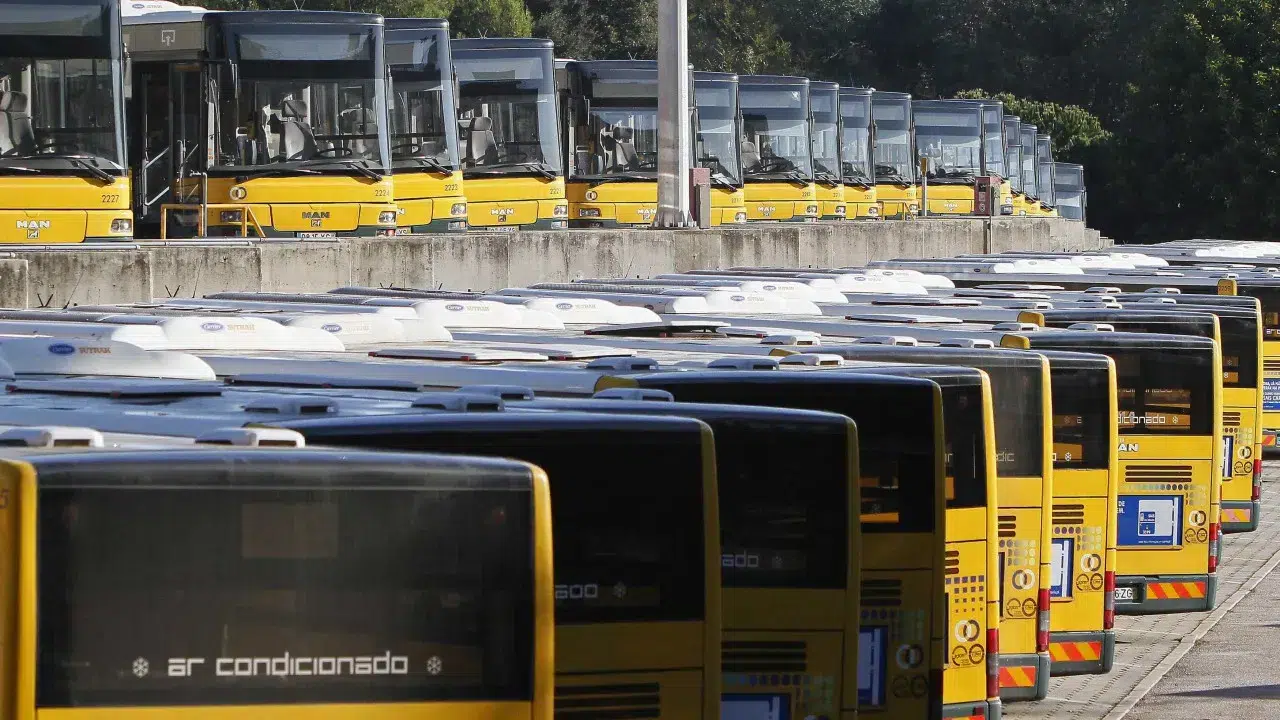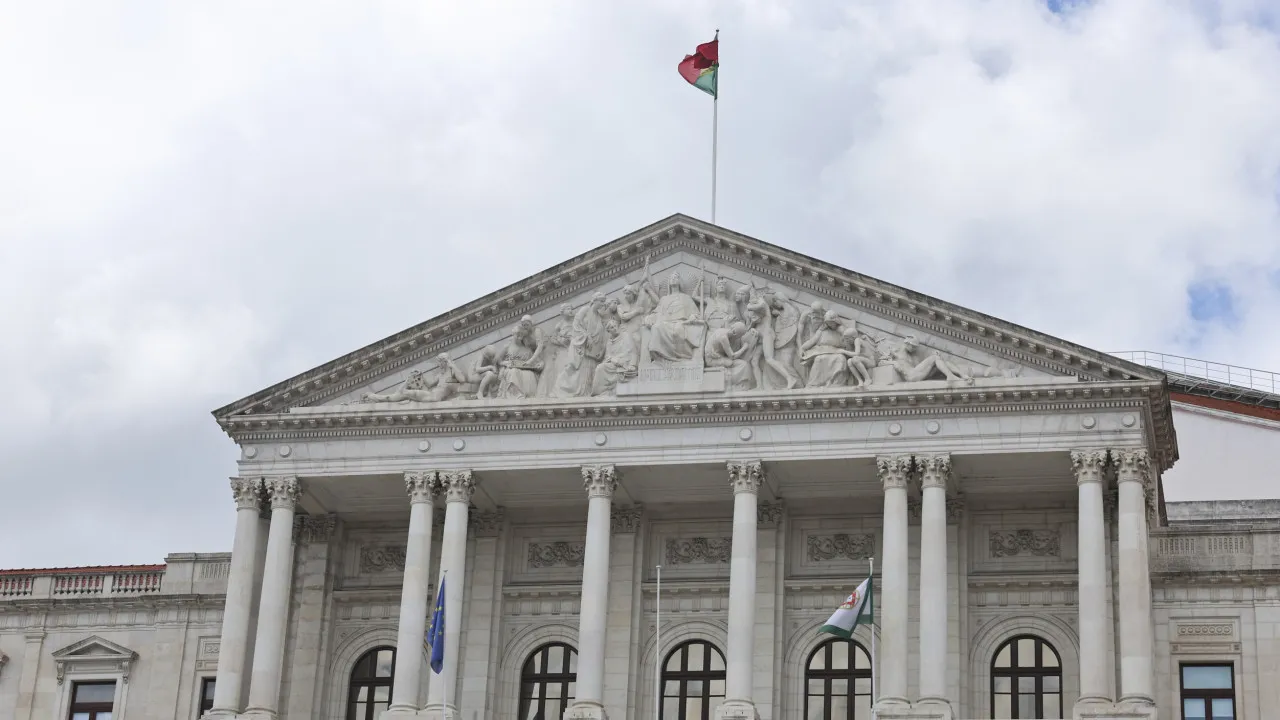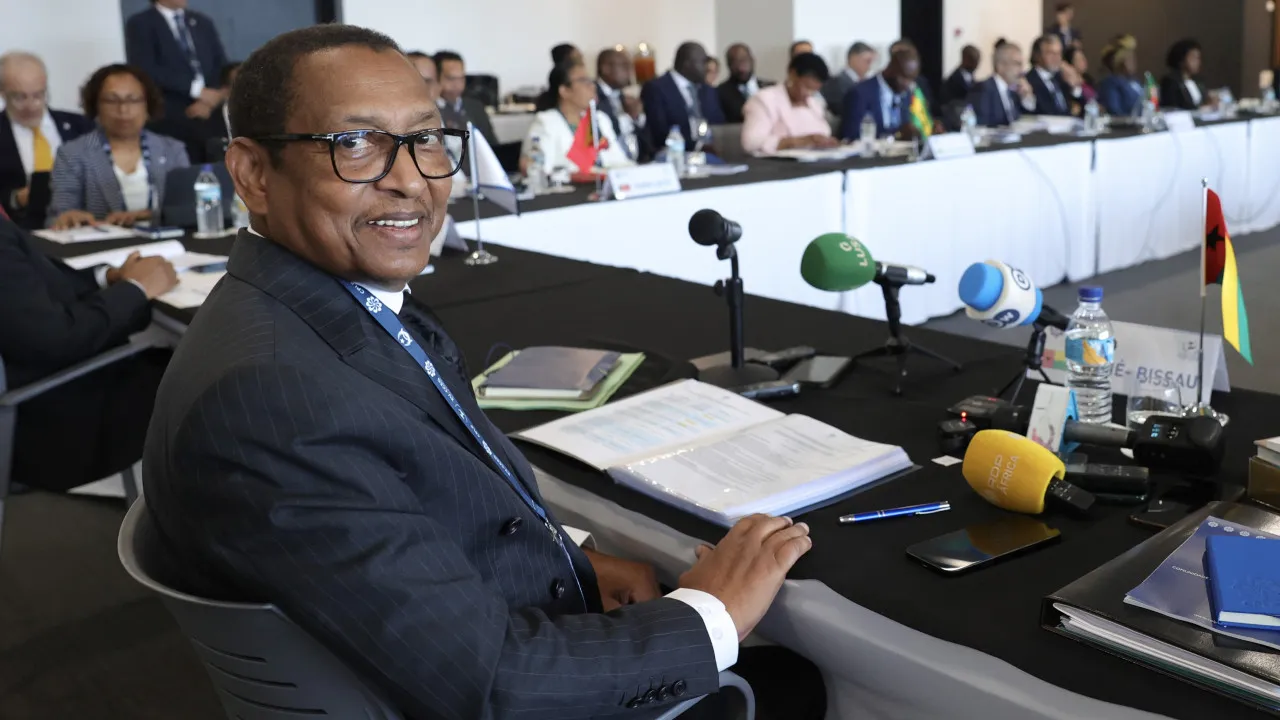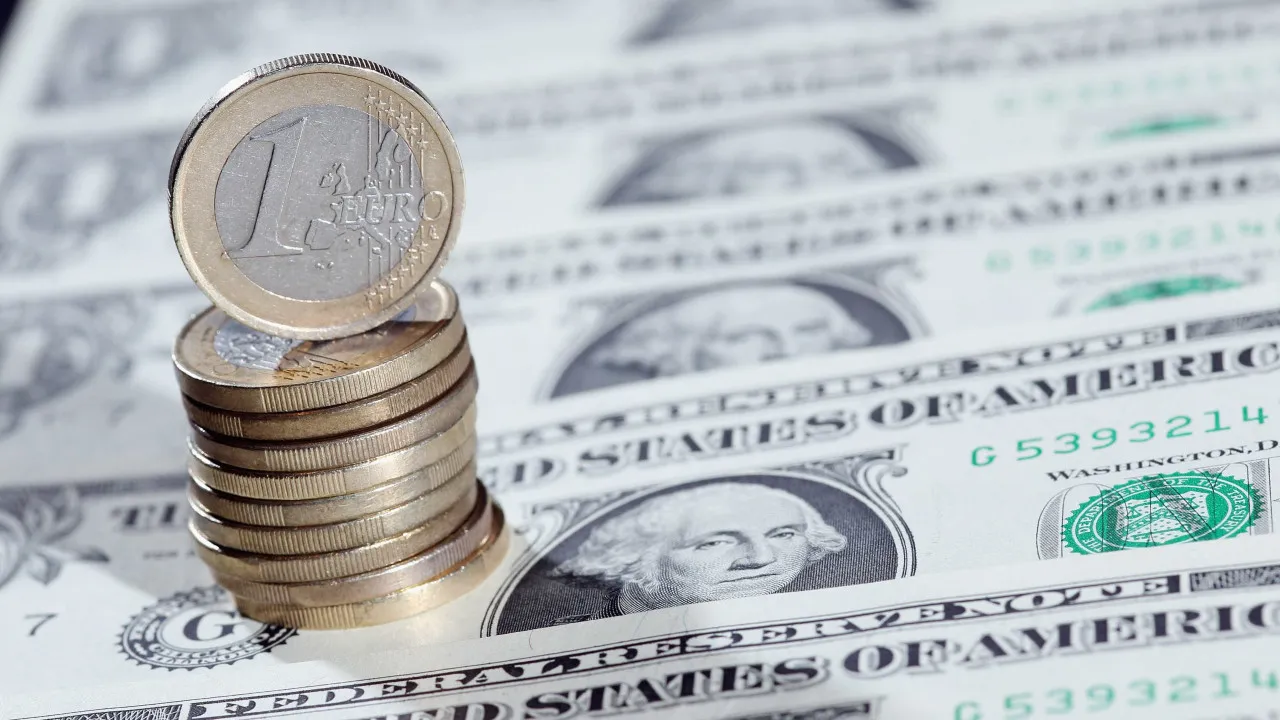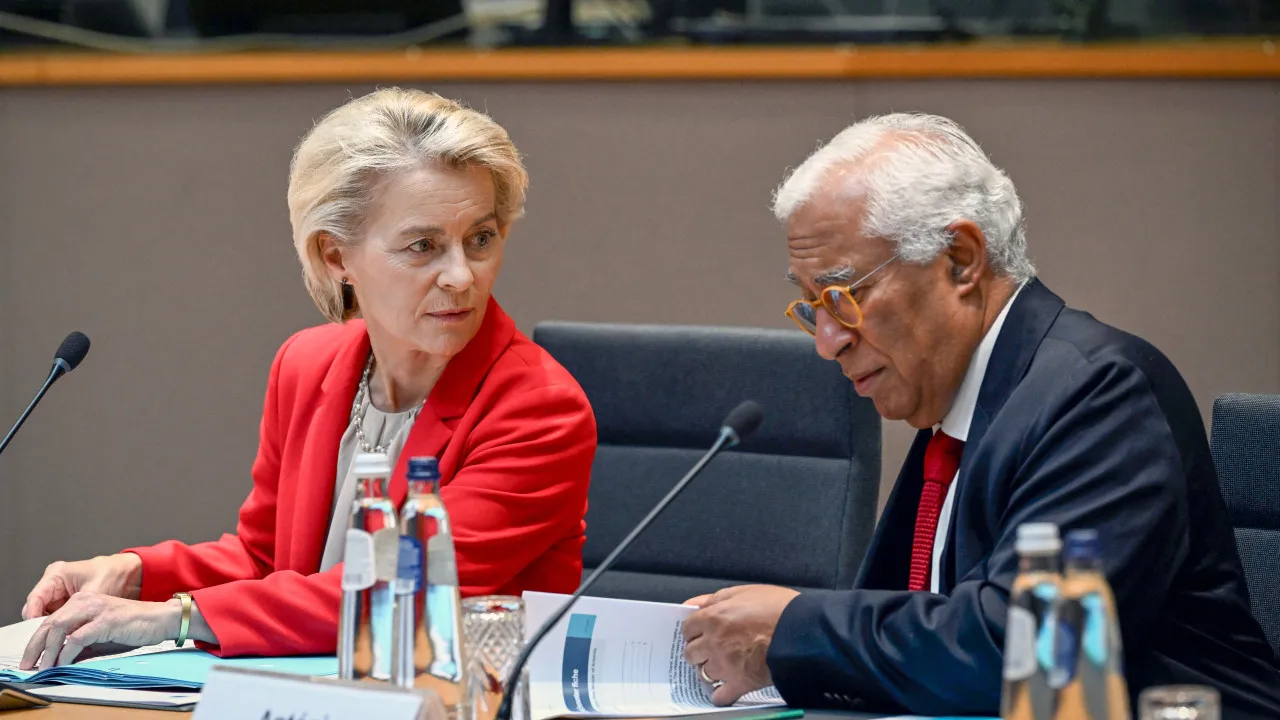
The President of the European Council, António Costa, has called for a discussion on the European Union’s (EU) next long-term budget with “openness and a spirit of collective responsibility.”
“A budget is not just about numbers; it is the biggest political decision, a choice about our future, and we need to approach this debate with openness and a spirit of collective responsibility,” António Costa wrote on social media, shortly after the beginning of the presentation of the Multiannual Financial Framework (MFF) for 2028 to 2034 by the President of the European Commission, Ursula von der Leyen.
António Costa, former Prime Minister of Portugal who participated in the discussions of the current MFF, stated that the EU’s long-term budget must “be able to meet long-term objectives while remaining flexible to address current and future challenges.”
“I look forward to the discussions among the 27 EU leaders in the coming months,” he added.
After several hours of negotiations among European commissioners, the first proposal package for the upcoming MFF 2028-2034 was presented in Brussels, with a total envelope of two trillion euros in authorizations (at current prices), based on national contributions (depending on gross national income) of 1.26%.
In addition to these national contributions, the new revenues (own resources) now proposed by the European Commission include a special tax on tobacco consumption, a corporate resource for Europe (CORE), and taxes on electronic waste and e-commerce.
It is estimated that, together, these new own resources and other elements of the own resources package presented today will generate revenues of approximately 58.5 billion euros per year (at current prices).
The current long-term EU budget (2021-2027) amounts to 1.21 trillion euros (including about 800 billion euros at current prices from the Recovery and Resilience Facility, which finances national recovery plans), involving national contributions of 1.1%.
The proposal includes a simplification of the long-term EU budget, which now consists of 16 programs instead of 52, dividing into 865 billion euros in national and regional partnership plans (which include agricultural and cohesion structural funds) and 410 billion euros for the new European Competitiveness Fund (including Horizon Europe and the Innovation Fund).
An additional 200 billion euros is allocated for the EU’s external action, 49 billion euros for Erasmus+ & AgoraEU, and 292 billion euros for the remainder.

